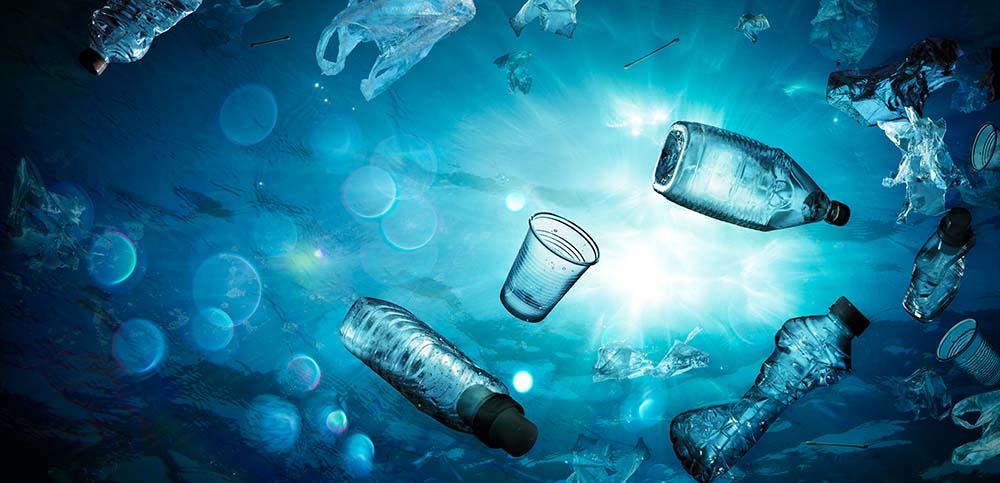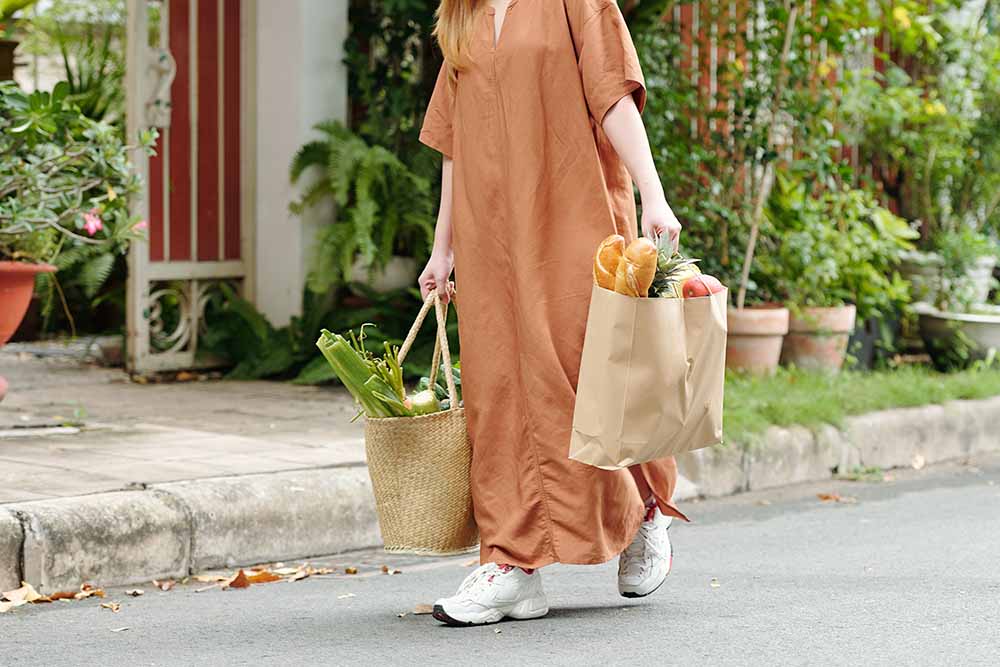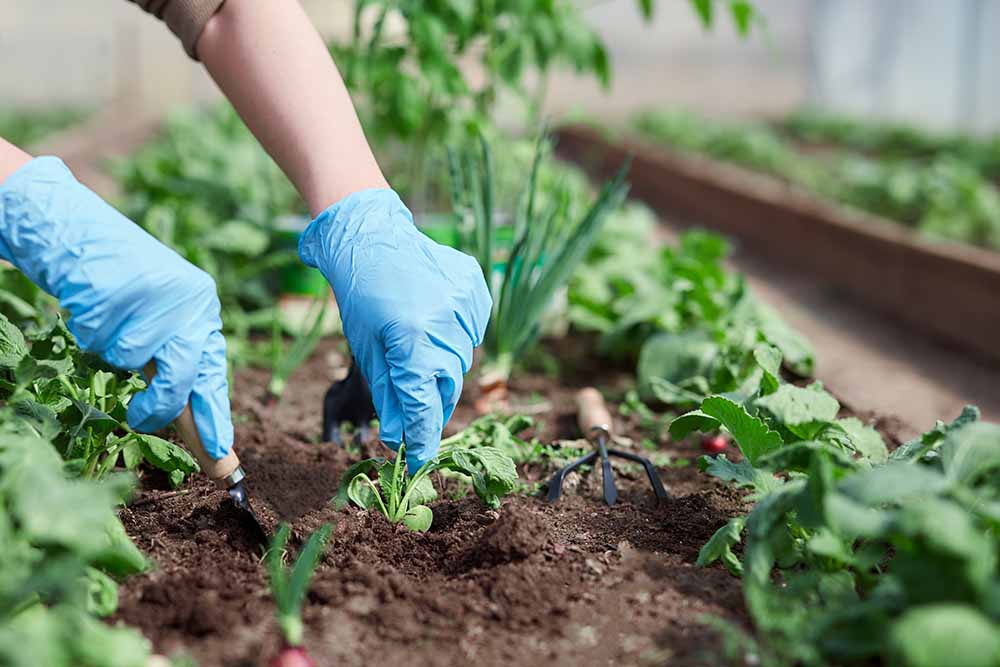Our daily habits and choices can have significant impacts on the health of our oceans. While the effects of individual actions might seem negligible, collectively, they contribute substantially to marine pollution. Here are some small ways we pollute the ocean and practical steps we can take to save it.

- Improper Disposal of Plastics
- Single-Use Plastics: Items like plastic bags, bottles, and straws are often discarded improperly, finding their way into waterways and eventually the ocean.
- Plastic Wrappers and Packaging: Small plastic wrappers and packaging materials are frequently littered, contributing to ocean pollution.
- Littering
- Beach Litter: Visitors leaving trash on beaches, which gets washed into the ocean.
- Street Litter: Litter on streets can be carried by wind and rain into storm drains that lead to the ocean.
- Microbeads in Personal Care Products
- Household Chemical Use
- Cleaning Agents and Pesticides: Residual chemicals from cleaning agents and pesticides can be washed away into the water system, eventually reaching the ocean.
- Improper Disposal of Medications
- Flushing Medications: Flushing old or unused medications down the toilet introduces pharmaceuticals into the water system, which can reach marine environments.
- Runoff from Yards and Gardens
- Fertilizers and Pesticides: Excess use of fertilizers and pesticides in gardens can be washed away by rain into storm drains and rivers, leading to nutrient pollution in the ocean.
- Non-Biodegradable Products
- Wet Wipes and Cotton Buds: Flushing non-biodegradable products like wet wipes and cotton buds contributes to ocean pollution.

- Reduce Plastic Use
- Opt for Reusables: Use reusable bags, bottles, and straws instead of single-use plastic ones.
- Buy in Bulk: Purchase products in bulk to reduce packaging waste.
- Choose Alternatives: Select items packaged in glass, metal, or paper instead of plastic.
- Proper Waste Disposal
- Recycle Correctly: Follow local recycling guidelines to ensure plastics and other recyclables are processed correctly.
- Compost Organic Waste: Compost food scraps and biodegradable materials instead of sending them to landfills.
- Use Trash Bins: Always dispose of litter in trash bins, especially on beaches and in public spaces.
- Avoid Products with Microbeads
- Read Labels: Check product labels for microbeads and avoid purchasing those that contain them.
- Natural Alternatives: Use natural exfoliants like oatmeal or sugar in personal care routines.
- Use Eco-Friendly Cleaning Products
- Non-Toxic Options: Choose cleaning agents that are labeled eco-friendly or biodegradable.
- DIY Cleaners: Make your own household cleaners using natural ingredients like vinegar and baking soda.
- Proper Medication Disposal
- Take-Back Programs: Use pharmacy take-back programs or designated disposal sites for unused medications.

- Responsible Yard Care
- Organic Gardening: Use organic fertilizers and pesticides to reduce chemical runoff.
- Native Plants: Plant native species that require less water and chemicals to thrive.
- Rain Gardens: Create rain gardens to absorb runoff and reduce the flow of pollutants into storm drains.
- Dispose of Non-Biodegradable Items Correctly
- Do Not Flush: Dispose of wet wipes, cotton buds, and other non-biodegradable items in the trash, not the toilet.
-
- Biodegradable Alternatives: Choose biodegradable personal care products where possible.